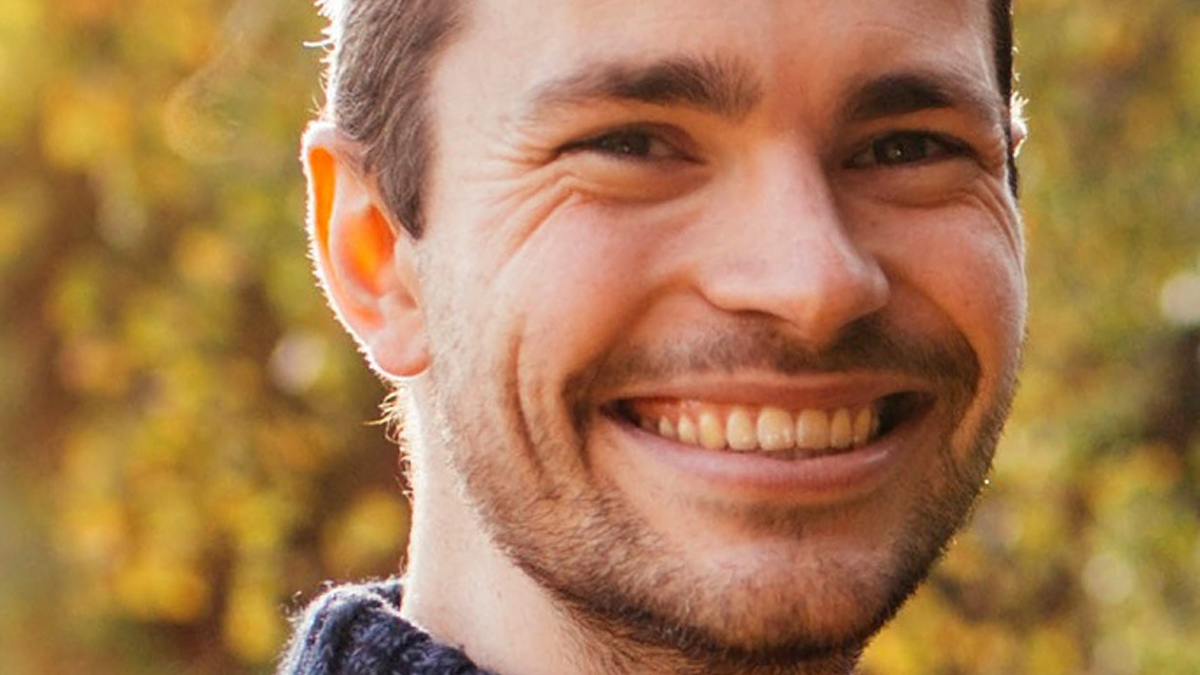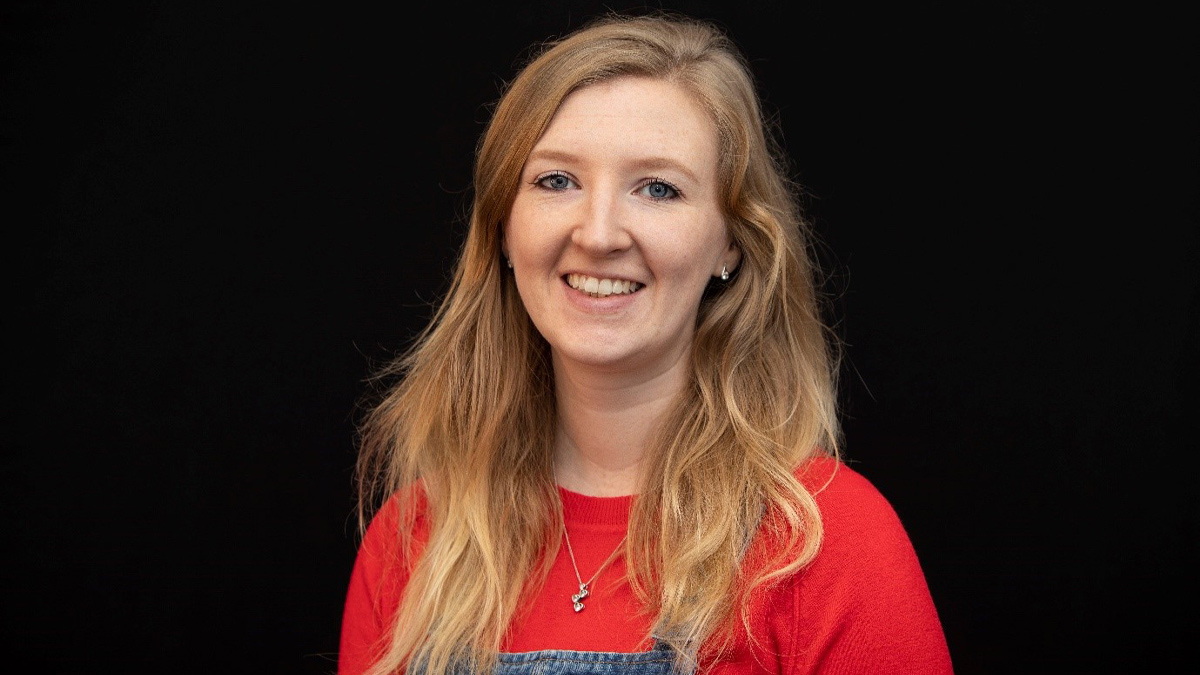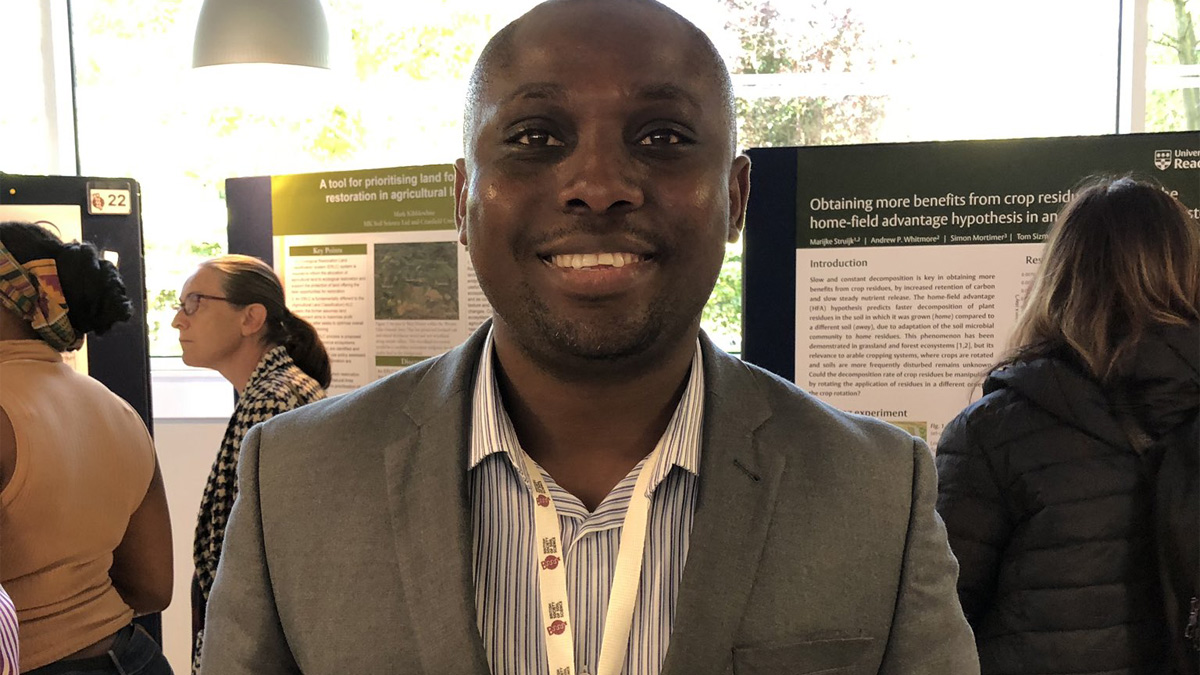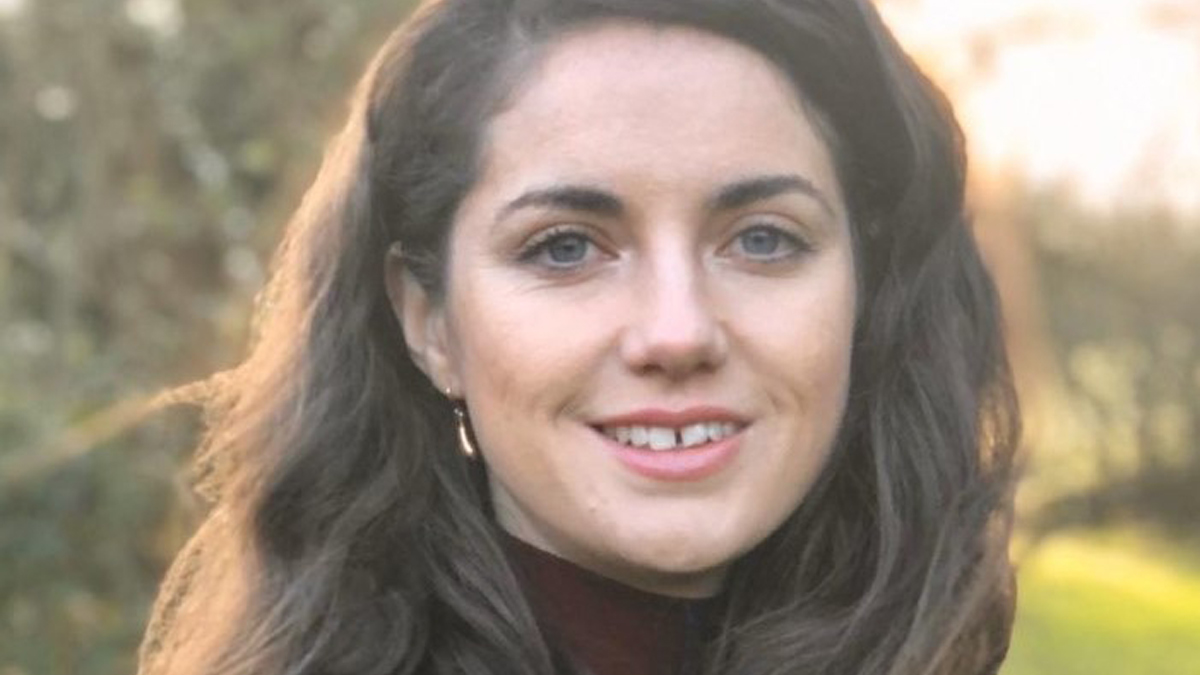Due to the COVID-19 pandemic, we were unable to hold the conference in 2020. However, the PhD Researcher of the Year award still went ahead.
PhD Researcher of the Year

Oliver Wilson – winner
Heritage and Creativity Research Theme Winner, School of Archaeology, Geography and Environmental Science
Title of PhD: Assessing the resilience of Brazil's iconic Araucaria forests to past and future climate change
"The Araucaria forests of southern Brazil are iconic, ancient, and vanishing. Araucaria trees are living fossils which have spent millennia at the heart of human cultures; now, thanks to 20th-century logging, they are on the brink of extinction. In addition, human caused climate change also poses a new and severe danger.
"My PhD research is uncovering the Araucaria forests' past, predicting their future, and highlighting links between the two."
Oliver's advice to fellow researchers:
"Take opportunities outside or alongside your research when they excite you, like teaching and outreach do for me: this is a great time to do these things! But try and keep your balance - don't let your PhD research get sidelined."

Laura Burgess – finalist
Agriculture, Food and Health Research Theme Winner, School of Psychology and Clinical Language Sciences
Title of PhD: Motivation contagion at school: Do friends show similar motivation in behaviour and brain?
“If colds are contagious, is motivation? My research addresses this question by looking at the impact of social relationships on school students’ academic motivation.
"I combine social network and neuroscience with motivation and educational psychology, to try and understand how friends might impact on motivation; a factor important for academic adjustment and for student achievement.
"Firstly, my work assesses if motivation is similar between friends. Then, I model changes over time to see how friendship affects motivation and vice versa."
Laura's advice to fellow researchers:
"Please remember you were offered this position because you showed potential to become a fantastic independent researcher, but that doesn’t mean that you need to be perfect from the off. If your gut says ‘I know what I need to do’, then trust it, but if it also says ‘I have no idea, I think we need help’, trust it then too.”

Adetunji Adekanmbi – finalist
Environment Research Theme Winner, School of Archaeology, Geography and Environmental Science
Title of PhD: Impact of Climate Change on Soil Respiration and Resilience
“There is a growing interest in understanding the biogeochemical mechanisms that regulate exchanges of carbon between the land and atmosphere, and how these exchanges will respond to future environmental change.
"My research explores the complex mechanisms by which soil microbial communities perform functions that mineralise soil organic matter and release CO2 into the atmosphere.
"I’m investigating how these microbial communities respond and recover from disturbances and perturbations caused by extreme climatic events. "
Adetunji's advice to fellow researchers:
"I would advise doctoral researchers to be realistic in their planning and avoid being over-ambitious. You need to build-in time for every activity including those that you think will be quick to achieve, but are required for your progress, because things take time!”

Faye Bird – finalist
Title of PhD: Sexual Violence under the Islamic State: Troubling Feminism, the UN Security Council and International Law
“My research examines the international community’s legal responses to the use of sexual violence by the terrorist organisation the Islamic State of Iraq (ISIS) and the Levant.
"The international legal framework has historically been blind to the different ways women and girls experience armed conflict.
"I analyse the practices and responses of international legal institutions, such as the United Nations Security Council, to identify where it has considered, or failed to consider, the particular way women have been subjected to forced marriage, human trafficking and sexual slavery under ISIS."
Faye's advice to fellow researchers:
"Give yourself space to participate in reading groups and research networks, even those not squarely within your area of expertise (a change is always a treat!) This will help you in becoming a more rounded, supportive, and generous scholar and peer to those around you."